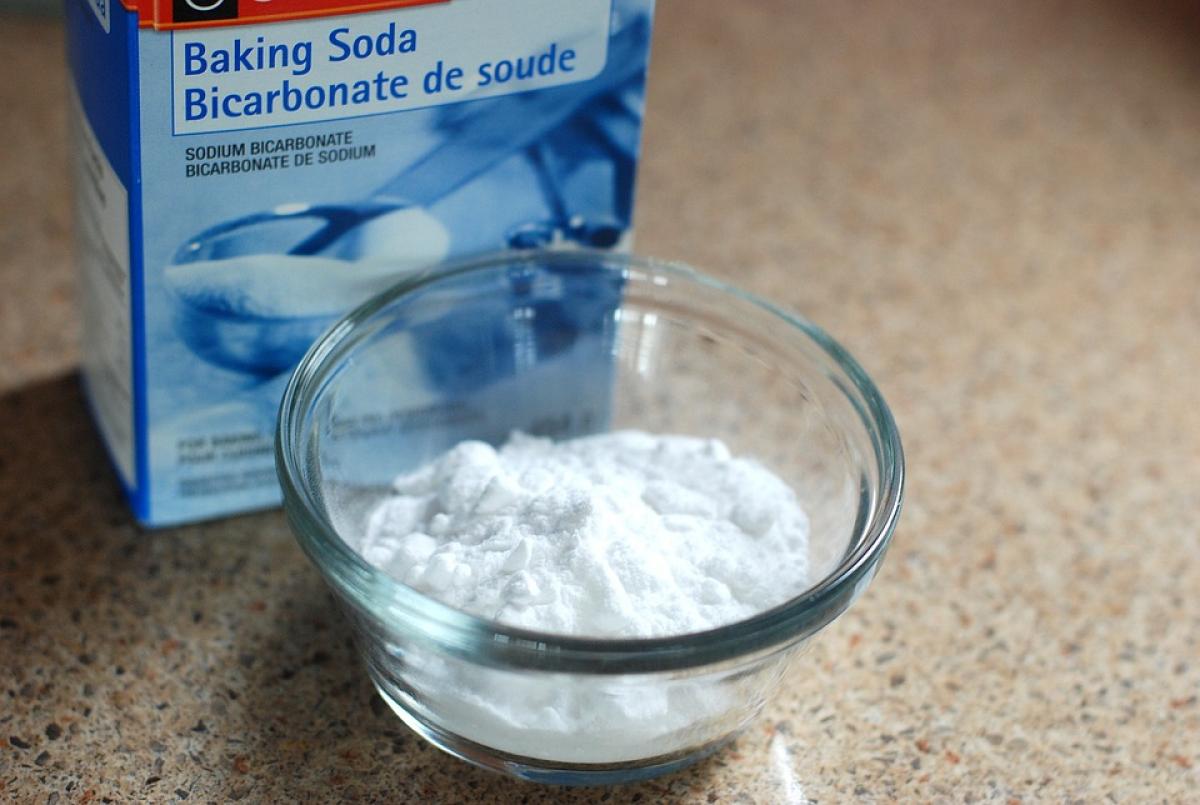
Treatment of grapes with baking soda: features of application
Grapes - a delicious and healthy berry, therefore, this crop is grown on their plots by many gardeners. To protect the plant from diseases and parasites, spraying grapes with baking soda is performed. This remedy is not harmful. However, you still need to know, how to use soda.
What can soda protect against
It is necessary to process grapes with soda in a garden in that case, if the plant has signs of disease. Especially effective treatment of grapes with soda from gray rot and other fungal diseases. Spraying this plant protects against the following types of diseases:
- powdery mildew (powdery mildew). Causes a fungal pathogen. Manifested by the formation on the fruits and leaves of gray plaque and the appearance of a characteristic odor (especially in hot weather). If the disease is not treated, then you can lose your entire vineyard. The use of baking soda solution will eliminate the disease;
- gray rot. The disease is also provoked by a fungus. Often affects the fruit before their immediate ripening or plants during flowering. As a result, shoots and buds begin to dry out, and the fruits become soft. Here you need to treat all the affected bushes.

In addition to diseases, baking soda (sodium bicarbonate) able to protect the vineyard from parasites (example, caterpillars). However, this requires mixing soda with flour (proportions 1:1). The affected leaves are sprinkled with the prepared powder. The caterpillar eats the powder and dies.
Soda can also effectively control weeds. A soda solution is prepared for this purpose: the powder should be mixed with drinking water and watered with the resulting solution of the plant.
An effective means of combating parasites and diseases is a combination of soda with manganese or iodine. Treatment with soda and manganese will be more effective, than using each tool separately.

The use of iodine not only saves the crop, but also to enrich it with this useful microelement. However, be careful with iodine, so as not to overdo it.
exept this, this tool is used to accelerate fruit ripening. But for this you need to know, how to accelerate the ripening of grapes, without harming the plant.
As we see, soda for any grape variety is an excellent means of combating insects and fungal pathogens. Its joint use with other drugs (iodine, manganese) allows not only to protect the crop, but also to improve its quality.
Rules of application
So that your vineyard is not afraid of any disease, you need to know, how to use soda. After all, this tool is used not only for processing grapes, but also any fruit trees.
Because the combination of water and soda gives a multifunctional remedy against parasites, diseases and weeds, any gardener should know, how to properly spray the vineyards with this solution.
You will need a soda solution to make it:
- one bucket of water;
- soda (one tablespoon);
- vegetable oil (one tablespoon);
- liquid detergent (one glass).
All these components are poured into the solvent, where thoroughly mixed. Then you should spray the plantings. After drying, the solution creates an alkaline film invisible to plants. It will prevent the development of fungi from wind and pollinating spores.
This treatment is performed in the summer. All you need to spray the plants at least 5 times in one season. For the first time such treatment should be performed before the flowering stage. After that, each subsequent spraying should be carried out through 7 days. This procedure is performed on a cloudy and calm day, when it is not raining outside.
exept this, there is another use of this tool - in combination with manganese (potassium permanganate). However, it is necessary to strictly adhere to the proportions. It is worth noting, that the recipe for such a solution may differ depending on the reason for its use (fight against parasites, diseases or weeds). After cooking, water the resulting plant plants or spray them.
Benefits and harms
In order not to damage the plantings with your treatment, the gardener needs to know, what are the benefits and harms of using soda. After all, if you do something wrong (especially when used in combination with other substances), then the treated vegetation may have some disturbances.
The positive aspects of the use of this tool include:
- rejuvenation of plantings. To do this, add a teaspoon of Epsom to one bucket of water, a couple of drops of ammonia, as well as one teaspoon of baking soda. All this is thoroughly mixed, then the solution is ready for use;
- protection of plants from weeds. Spraying the soil around the plantations prevents the formation of debris. It is worth noting, that when watering vines, this effect is a side effect;
- the tool is used to eliminate the acidic environment in the soil;
- the drug allows you to make berries sweeter and sugarier in taste. So, you can significantly improve the taste characteristics of the fruit. Every self-respecting gardener should know this.
This tool is completely harmless. The only thing, what is worth noting, - change in soil pH. Therefore, the use of soda on soils with alkaline pH should be careful. In everything else, this substance does not pose any danger to plants and does not harm them.
Video "Spraying grapes from diseases"
In this video you will learn about it, how and what to spray grapes from diseases.

